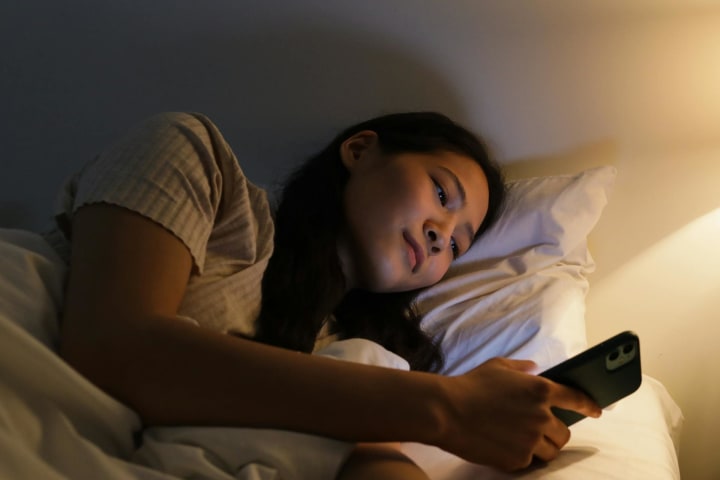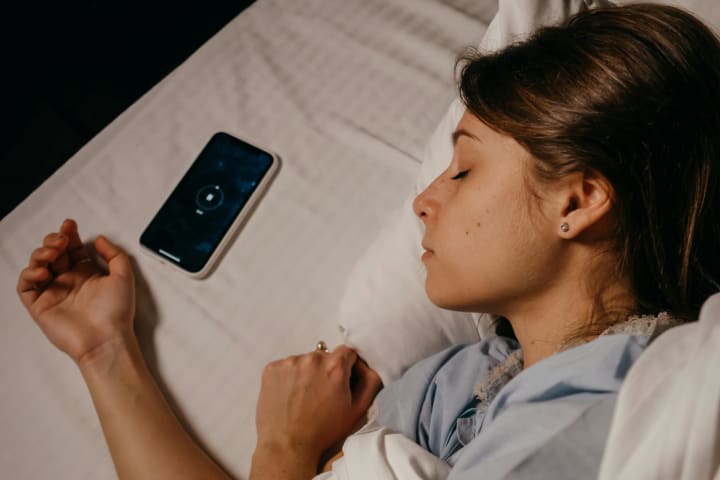In Portugal’s sunlit embrace, where ancient cobblestones whisper history, a daring gambit unfolded in April 2025. For one week, the nation silenced its phones. Public spaces—schools, cafés, bustling plazas—fell quiet, purged of digital clamor. The decree, christened Semana Sem Ecrã (Week Without Screens), sought to unshackle minds, rekindle human bonds, and heal a society frayed by ceaseless pings. What emerged? A tapestry of awe, defiance, and revelation, a mirror to our tethered souls, unveiling truths both luminous and jagged.
The edict was absolute. Phones off. Locked away. Still. From Lisbon’s vibrant arteries to Porto’s misty quays, devices vanished into drop points. Schools sealed students’ phones in pouches. Offices stowed them in lockers. Parks, trains, eateries—sanctuaries of silence. Emergencies allowed exceptions, but the mandate roared: unplug to reconnect. “Screens drown us,” Prime Minister António Costa proclaimed. “This week, we surface.”
Day one sparked tumult. Lisbon’s trams hummed with unrest. Teens twitched, bereft. Workers, severed from digital lifelines, stumbled. “I was lost,” Mariana Silva, 29, a marketer, confessed. Yet, flickers of change ignited. In Coimbra’s classrooms, students, freed from TikTok’s siren call, awoke. Eyes locked. Voices rose. “They laughed—truly laughed,” said teacher Ana Ribeiro. By day two, schools pulsed with focus, a rhythm reborn.

Science illuminated the shift. The University of Lisbon’s study, conducted mid-ban, tracked a 41% leap in student attention. Test scores in trial classes surged 15%. “Presence rewires the brain,” neuroscientist Dr. João Mendes declared. “Phones off, focus blooms.” Beyond schools, social tides turned. In Porto, café patrons lingered, swapping tales over coffee, not screens. “It felt like another era,” a barista grinned. Markets in Faro buzzed with banter, strangers connecting, human again.
Defiance flared, fierce. Lisbon’s youth rallied, signs aloft: “Our Phones, Our Freedom!” Clandestine Wi-Fi fueled dissent on X, posts seething with rebellion. “It’s control, not liberation,” snapped Inês Costa, 19. Parents fumed. “What if my child’s in danger?” Sofia Almeida demanded. Emergency hotlines eased fears, but doubts lingered. Rule-breakers hid phones, risking fines. In rural Alentejo, enforcement faltered, compliance a patchwork quilt.
By midweek, magic unfurled. In Sintra, families dusted off chessboards, laughter replacing clicks. “We forgot how to talk,” Maria Lopes, 42, admitted, her dining room alive. A national survey post-ban revealed 71% of families felt closer, though 48% confessed initial unease. “It’s detox—brutal, then freeing,” psychologist Dr. Clara Santos mused. Workplaces wavered, then soared. Lisbon’s tech firms, crippled at first, found clarity. Meetings sharpened, phones absent. “Problems dissolved faster,” said CEO Rafael Gomes. A Lisbon Chamber of Commerce report noted a 25% spike in collaborative output. Yet, freelancers like Leonor Ferreira, app-dependent, faltered. “My work froze,” she groaned.

Mental health transformed. A Porto hospital study recorded a 22% drop in teen anxiety. “Notifications breed stress,” psychiatrist Dr. Sofia Mendes explained. “Silence heals.” In Évora, meditation circles swelled, minds unclouded. But some floundered. “I craved the chaos,” Tomás Ribeiro, 34, admitted, a compulsive scroller. The ban bared a truth: phones are both anchor and chain.
The world watched, rapt. X blazed with clips of phone-free plazas, Semana Sem Ecrã a global spark. “Revolutionary!” a New York educator posted. “Intrusive,” a London influencer countered. UNESCO, citing its 2023 screen-time report, lauded Portugal. “Excessive devices erode connection,” director Audrey Azoulay noted. France and the Netherlands, with school bans since 2018 and 2024, took note. Portugal’s audacity stirred debate, admiration, unease.
The week’s end brought wisdom. Portugal didn’t forsake phones; it found equilibrium. A government survey showed 76% favored periodic digital pauses, shorter in scope. Schools proposed phone-free mornings. Businesses eyed hybrid rules. “We can’t silence the digital hum,” Costa conceded, “but we can temper it.” Boji, Istanbul’s loyal dog, came to mind—his vigil a testament to devotion. Portugal’s pause, fleeting, echoed this: a call to cherish presence.

Challenges endure. Rural enforcement waned. Privacy fears simmered—some saw overreach. Yet, the legacy dazzles. Lisbon’s streets, once bowed to screens, lifted. Faces met. Stories flowed. Families reconnected. Students thrived. The world, stirred, asks: can we unplug? Portugal’s answer, bold and fragile, whispers: yes. Try. Live.
